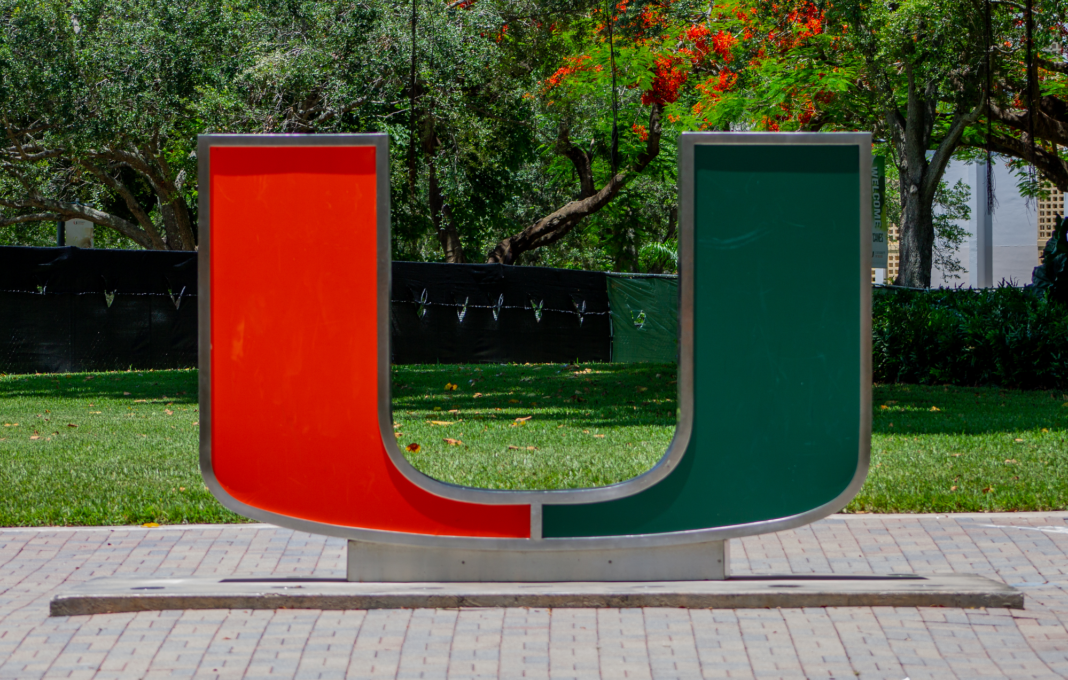Affirmative action has long been debated in the realms of college admissions and politics. Now, with the recent Supreme Court decision repealing the policy, the University of Miami stands at a pivotal crossroad as it re-evaluates its own admissions process.
The policy, first introduced under the 1964 Civil Rights Act, aimed to address historical inequities and foster diversity in education. As a result, universities began to consider race as an additional factor in admissions decisions, determining a set capacity of multicultural students to admit into classes.
The Supreme Court’s review of the policy followed lawsuits filed by students at Harvard University and the University of North Carolina – Chapel Hill, claiming that this policy discriminated against Asian American students. The court’s decision to repeal affirmative action now permits the adoption of race-neutral policies, sparking concerns about the potential impact on campus diversity.
“I want to assure each of you that, as we comply with the law, we remain deeply committed to a culture of belonging where all are valued and have the opportunity to add value,” said President Julio Frenk in a statement released to the UM community this past week.
“We have been preparing for any outcome in this case and will continue to offer exceptional educational opportunities based on students’ individual accomplishments and life experiences, as well as our commitment to the fundamental principle that access to higher education should remain a driver of opportunity and social mobility.”
According to US News and World Reports, students from non-white/ethnic backgrounds comprised 42% of UM’s student population in 2021, representing nearly half of the overall student body. According to President Frenk’s recent statement, that statistic is now almost 60%.
However, in this shift back to race-neutral policies, some students are curious as to how the university will sustain this same level of diversity.
“I think affirmative action has definitely played a role in leveling the playing field for marginalized students, and it makes me wonder in what direction UM will go after this,” said Sarah Ferrer, a rising sophomore studying sociology.
“At the same time, I think this university has been uniquely diverse given where we’re located. They’ve also kept supporting initiatives and spaces that have otherwise been undermined in Florida’s education system, like our multicultural affairs office and LGBTQ+ organizations.”
While the recent Supreme Court decision centers around the consideration of race in applications, universities may still consider other factors such as socioeconomic background as a means to promote inclusivity.
As of today, the university operates on a holistic admissions approach. Extracurricular activities, community involvement, personal essays, and letters of recommendation may assume even greater significance in evaluating applicants.
Ultimately, as the university enters this new phase of higher education, it will undoubtedly encounter obstacles. Yet, according to President Julio Frenk, the University of Miami is poised to uphold its commitment to fostering a vibrant and inclusive educational community, preparing students for success in an increasingly diverse world.
“Since its pioneering efforts to desegregate admissions in the 1960s, the University of Miami has made meaningful and sustained progress in demonstrating that excellence and equity are two mutually reinforcing values,” President Frenk continued in his statement.
“I have no doubt that we will continue to do so by attracting an outstanding community of students, faculty, and staff members driven by those values to better serve society.”







